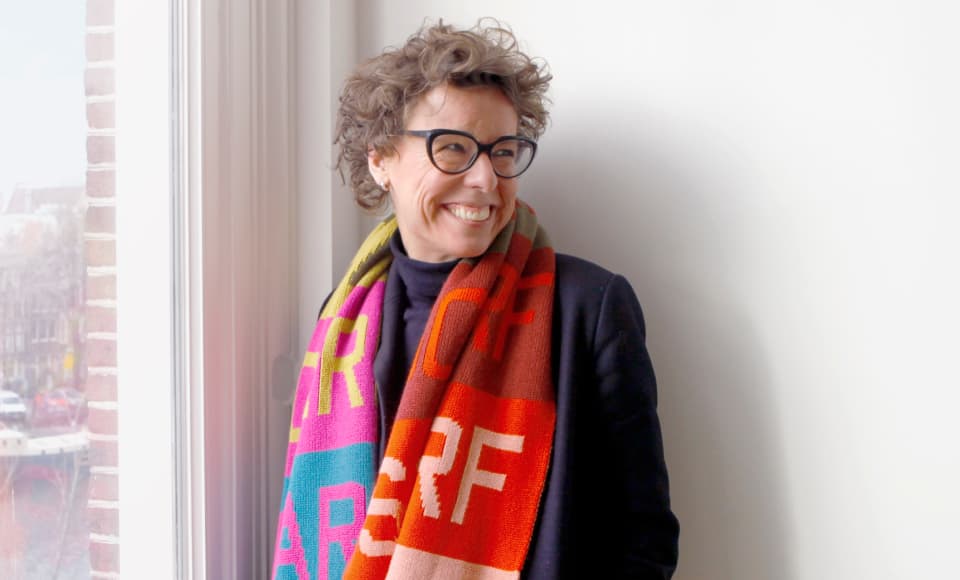If you plan to build or renovate a house, you can finance this with your mortgage. The money will then go into a building deposit that can be used for a maximum of two years.

What is a building depot?
A building deposit is a separate account in your mortgage.
Depending on the rules of the mortgage lender and the volume of the renovation, you and your mortgage advisor determine what mortgage amount will go into a building depot when you apply for the mortgage. Following completion, the lender will deposit the amount into a building depot.
What can you pay from the building deposit?
- New construction: the land and subsequent construction phases
- Existing building: the renovation or reconstruction
How does the building deposit work?
When you start building, you can send your lender the invoices for the construction or renovation. The lender will then pay the invoices directly from your building deposit. The lender can transfer the money to your account if you pay expenses in advance. The money in a building deposit can be used for a maximum of two years, depending on the provider's policy. If you still have money left in your building deposit, it will automatically be used to repay your mortgage. Often, this repayment is penalty-free.
What are the conditions for a building depot?
There are conditions for a building depot—the maximum amount, for instance. If you buy a house, your mortgage may be at most 100% of the house's value after the renovation.
Often, you can use the money in the deposit up to two years after closing. Then, if you still have money in the deposit, this amount will be repaid on the mortgage. Of course, you can also cancel your deposit within this period if, for example, your renovation plans have changed or the deposit is empty.
The deposit does not cover all expenses. Usually, you can claim anything covered by your building insurance, and anything covered by your home insurance cannot. The situation varies from bank to bank.

Buying a home?
Book your free orientation call with a Walter advisor. We will take you through the process of buying your next home.
Book a call — it's freeContinue reading
Walter Living is registered in The Netherlands with the address Walter Tech, B.V. Singel 542, 1017AZ, Amsterdam. Our Chamber of Commerce number is 73708585 and our tax ID is NL859636033B01.
Service
Would you rather contact us via WhatsApp? Send an app to +31 85 080 6860


